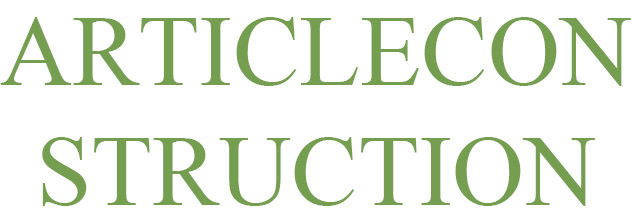Benefits of Glass Wool Insulation Pipe for Energy Efficiency
In the pursuit of energy efficiency, one innovative solution that has gained considerable attention is the glass wool insulation pipe. A vital component in various sectors, including construction, HVAC (heating, ventilation, and air conditioning), and industrial applications, these pipes offer a range of advantages that enhance overall energy performance.
If you want to learn more, please visit our website glass wool insulation pipe.
Firstly, the primary feature of glass wool insulation pipes lies in their thermal resistance. Glass wool, composed of finely spun glass fibers, minimizes heat loss through conduction, convection, and radiation. With an exceptional thermal conductivity coefficient, these pipes effectively create a barrier that retains heat within the system, significantly reducing energy consumption for heating purposes. This is especially critical in climate-controlled environments, where maintaining consistent temperatures is essential for operational efficiency.
Moreover, glass wool insulation pipes exhibit impressive sound insulation properties. The fibrous structure of glass wool absorbs sound waves, reducing noise transmission in both residential and industrial settings. This aspect makes them particularly useful in facilities that require a quiet environment for optimal productivity, such as hospitals, schools, and commercial offices. The dual benefit of thermal and acoustic insulation contributes to a more comfortable atmosphere, enhancing the overall user experience.
Another vital aspect of glass wool insulation pipes is their resistance to moisture. Unlike traditional insulation materials, glass wool does not absorb water, which prevents the growth of mold and mildew. This characteristic not only prolongs the lifespan of the insulation but also ensures that the indoor air quality remains healthy. By minimizing the risk of moisture-related issues, these pipes also reduce maintenance costs associated with damage and repairs, presenting a long-term financial benefit.
Additionally, glass wool insulation pipes are lightweight and easy to install, contributing to their appeal in both construction and retrofitting projects. Their reduced weight allows for easier handling and quick installation without compromising the effectiveness of the insulation. This time-efficient installation process can lead to lower labor costs and faster project completion times, enhancing productivity in various applications, from residential buildings to large-scale industrial facilities.
From an environmental perspective, glass wool insulation pipes are manufactured using a high percentage of recycled materials, making them a sustainable choice. Their production requires less energy compared to traditional insulation materials, which contributes to a smaller carbon footprint. Furthermore, because these pipes help reduce energy consumption in heating and cooling processes, they align with global efforts to enhance energy efficiency and combat climate change.
The versatility of glass wool insulation pipes also cannot be overlooked. They are suitable for a range of applications, including chilled water systems, steam pipes, and other specialized industrial processes. This adaptability makes them a preferred choice among engineers and contractors who need reliable, efficient solutions for various insulation demands.
In conclusion, glass wool insulation pipes provide numerous benefits that extend beyond mere thermal insulation. Their properties of acoustic insulation, moisture resistance, lightweight design, sustainability, and versatility position them as a strong contender in the quest for energy efficiency. As industries increasingly prioritize sustainable practices and energy conservation, the adoption of glass wool insulation pipes is likely to rise. Organizations and individuals considering insulation solutions can thus look towards glass wool as a future-proof choice that aligns with both environmental responsibility and operational efficiency.
For more glass wool panel factoriesinformation, please contact us. We will provide professional answers.
- Previous: None
- Next: How Can Thermal Insulation Materials Reduce Energy Costs in China?



